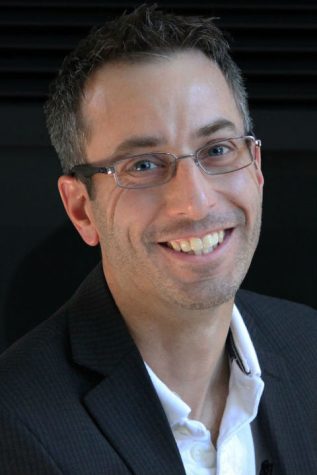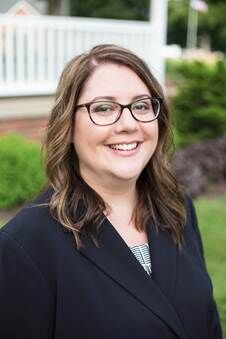$2.6 million grant funds expansion of addiction resources in Summit county
March 5, 2022
College of Public Health professor Deric Kenne received $2.6 million to expand medication-assisted treatment in Summit County, in collaboration with CHC Addiction Services. CHC treats 1,200 clients struggling with addiction and mental health conditions.
“We have been around for almost 50 years,” said CHC Chief Clinical Officer Tiffanie Ferguson. “We started out originally doing addiction treatment, but now we really try to treat co-occurring disorders in the whole person. That includes peer recovery supporters, counseling, psychiatrists, addiction medicine doctors, nurses, counselors.”
As of 2019, Ohio ranked fourth in the nation for opioid-involved overdose deaths, but COVID-19 only increased the need for expanded treatment.
The pandemic transformed in-person services to telehealth alternatives. Most 12-step support and recovery meetings went online or stopped meeting in person, making some clients feel isolated. The agency observed an increase in anxiety, depression and use of alcohol, especially during lockdown, Ferguson said.

“An important part of recovery is being around sober supportive people and being able to have emotional, social and spiritual needs met. Most people had their ability to access those things declined,” Ferguson said.
A shortage in health care workers during the pandemic also created an additional level of need for CHC.
“When this grant came out, I knew the potential option for them, in terms of expanding services, if they were interested. I reached out and I guess it went from there,” Kenne said.
The grant, sponsored by the Substance Abuse and Mental Health Services Administration (SAMHSA), offers up to $5 million for medication assisted opioid treatment.
Federal grants are competitive, and the SAMHSA grant only awarded 127 programs. Kenne’s team was limited to a 10-page narrative highlighting the main goals, plans and impacts the funding would have on the community.
To have a chance at receiving funding, programs likely need to score in the top 10 percent of the peer-reviewed process. Kenne’s team received a score of 97 on their application.
It took several months to hire employees and complete extensive legal documents before CHC could enroll clients in the program. The first three clients are currently enrolled in the program, and CHC is anticipating an exponential increase in the client case load over the next five years, said Ferguson. CHC plans to hire additional staff as the program progresses to further expand services.

“We often have Kent State interns in the addiction counseling certificate program or the clinical mental health counseling among other programs, so as we expand, we will also be looking for additional staff,” Ferguson said.
After the funding ends, CHC hopes to continue offering same-day services to anyone who needs addiction treatment, she said.
“One of the pieces that you work into these grants is a sustainability piece. So being able to hopefully have built that infrastructure, we can continue to provide services at the same level or even more when the funding ends at year five. In addition to making an impact in the community, we want CHC to be able to continue to provide expanded care,” Kenne said.
Not everyone’s lives change, or change the first time, but over time, it’s great to see those who were able to address underlying mental health and trauma issues build a better life for themselves, Ferguson said.
“I came here and intended to work for two years,” she said, “and it has now been 17 because I fell in love with what we do and how we get to help people and make a difference every day.”
Madison Goerl is a reporter. Contact her at [email protected].












